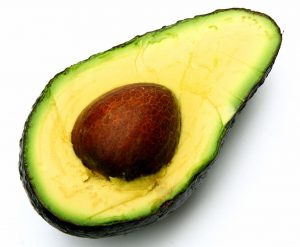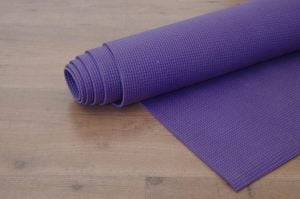If you’re looking into losing weight or inches, the choice of diet programmes can seem very confusing and overwhelming. What works for your friend might not work for you and vice versa.
We’re giving you a quick overview of some of the most popular diets around right now:
Keto
The diet – cutting carbs down to a 20-50g per day allowance (two slices of white bread is 24g) and increasing fat intake, so that your body goes into ‘ketosis’ and burns off excess fat.
Pros – it’s good if you like to eat meat and dairy, plus vegetables that grow above ground. It’s a good quick fix, and doesn’t need to be followed long term.
Cons – there’s a lot of measuring and balancing to do on a daily basis to ensure your intake is correct across a range of nutrients, plus it can work out to be more expensive.
You can find out a lot more about keto with our introduction post as well as some recipes to try out.
Paleo
Paleo is the latest celeb favourite, and actually seems fairly logical. You can eat most things, but need to cut out dairy, eggs, grains, processed foods, alcohol, legumes and starches. It’s theory is that by eating the types of foods that your body needs, rather than popular ‘modern foods’ you will be able to improve your health and potentially stave off certain diseases.
Pros – it’s the easiest diet to follow, with ingredients readily available and cutting out food groups makes it much easier to plan.
Cons – it may be more difficult to follow if you are vegan or vegetarian as it cuts out grains and starches, although careful planning can mitigate this.
Fasting (5:2)
The concept of this is that you restrict your calories on two days per week, to 500 calories for women and 600 for men. This ‘fasting’ encourages your body to renew itself and use up fat stores.
Pros – you only have to really plan your food on two days out of five, because you can eat normally on the other five days. It’s more suitable for family life, as you only need to eat differently on the two fast days.
Cons – it’s not going to work if you binge eat on your non-fast days! You should find that overall, you are more aware of what you are eating, and tend to eat less. It takes a lot of willpower to get through the first few weeks with this plan but once you’re in the swing of it, it is easy to stick to.
Detox / Cleanse
This is where you follow a specified programme for a certain number of days, often replacing meals with supplement-rich shakes or powders, or drinking detox tea. You will be able to consume a certain number of calories per day, and ‘free foods’
Pros – everything is laid out for you in the programme, so really you don’t have to plan anything. It’s another great quick fix plan, if you have a special occasion coming up or want a kick start.
Cons – it can be very expensive and may not be suitable if you have existing medical conditions. Some programmes are also not very practical if you have to factor in eating out.
Forever Living offer a range of cleanse programmes, you can find them in our Equipment and Products section.
Huel
This is all of your daily meals in a powdered form. Think of an oaty milkshake and you’re nearly there. The thinking behind Huel is that the powder contains all of the macro and micro nutrients that your body needs to function properly, plus it is less wasteful and more environmentally friendly than actual food.
Pros – this is great if you have a busy lifestyle and don’t want to think about preparing food, or eating in general. It’s vegan and there are flavour shots that you can add to the standard powders, plus you can buy bars and granola.
Cons – you’re going to have to like the taste and texture of it to be able to stick to it. Plus it will work out to be very expensive if you don’t, prices start at £40.50 for a bag of powder.









Leave a reply